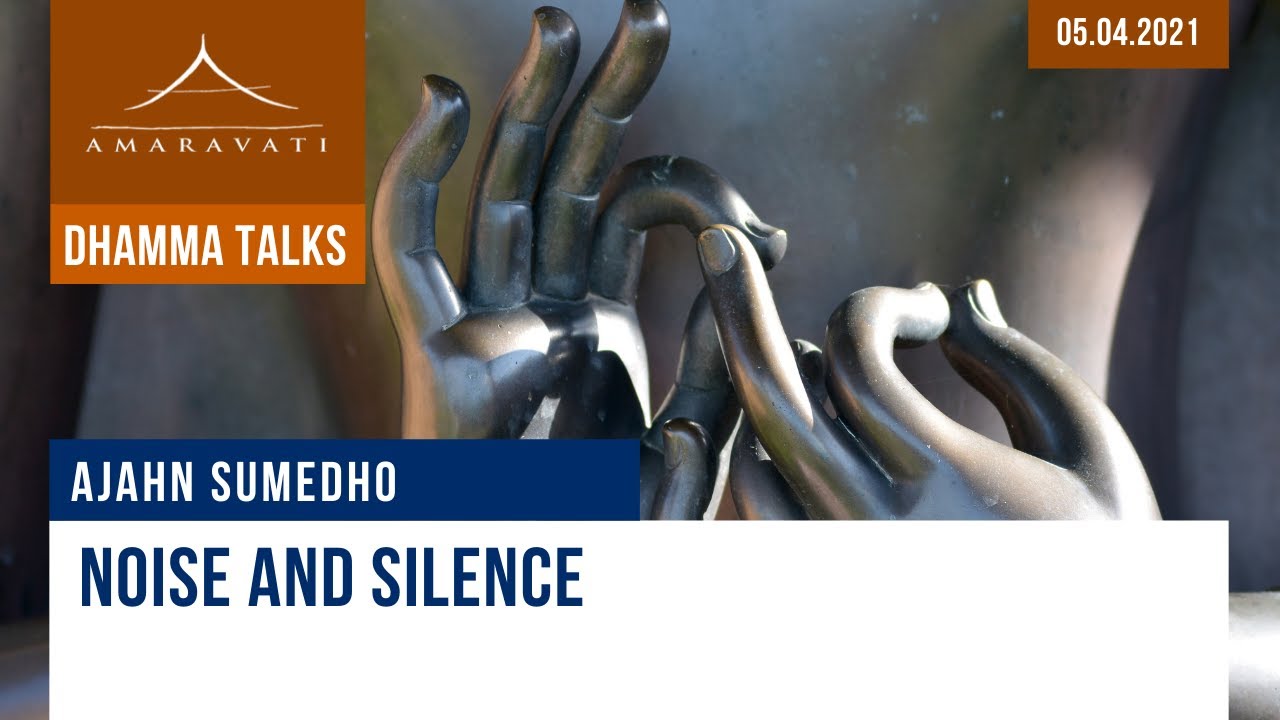This morning I read a quote of Ajahn Brahm in a newsletter that I would really like to share. ![]()
“The conceptual mind might say: “I can’t do it, it’s too hard for me”.
But that’s the talk of the ego getting scared, the talk of Mara, who is on the defensive, rattled by our progress on the path to Nibbana.
Instead of believing in the conceptual mind, the mind of Mara, one trusts the word of the Buddha and the advice of the Noble Disciples. One puts aside those conceptional doubts, lets them go, and pushes them away. One goes beyond them, and finds that the Buddha was wise and enlightened: he did teach the Dhamma, and that Dhamma works. This is especially clear when the mind becomes peaceful.
Push out the conceptual mind and arouse the mind of faith. Let go. Let go of the ordering, the assessing of the situation, and the thinking of what to do next.
Let the Dhamma take over; and let natural course of the practise take over.
If you have been practicing virtue, sense restraint, and mindfulness, you have the basis for concentration; so let go and let concentration (stillness of the mind) happen. Allow the mind just to concentrate, to revert to what we might call its natural state – stillness of the mind – the seeking of satisfaction and comfort within itself rather than outside.
The mind then becomes self sufficient, self comforting, and self sustaining, so that the door from the mind to the five external sense is cut off, and the mind does not go out to the five senses. Instead it remains immersed in itself, in a radiant joy. One experiences this, one delights in it, and it is wise and good to delight in it. One has faith in the Buddha, who said that this is a delight has no underlying tendencies of craving and lust.
Source: In The Presence of Nibbana"- Ajahn Brahm
Ajahn Chah had the same message.
I received a ‘like’ on an old post this morning as well, which is also directly relevant here
So please press the pause button on proliferation and over intellectualising the Path. It is a Path of Practice not of Thinking.
I would certainly recommend to spend 100 times more time and effort doing The Practice, than focusing on what one thinks about it.
Sila, and Samadhi are what leads to wisdom, not intellectualisation.
Don’t throw away the opportunity we have in this life for moving along the path, to remain snared in the conceptual, conditioned Mind.
With much Metta, and may all beings find the path to reduce suffering ![]()
![]()
![]()






